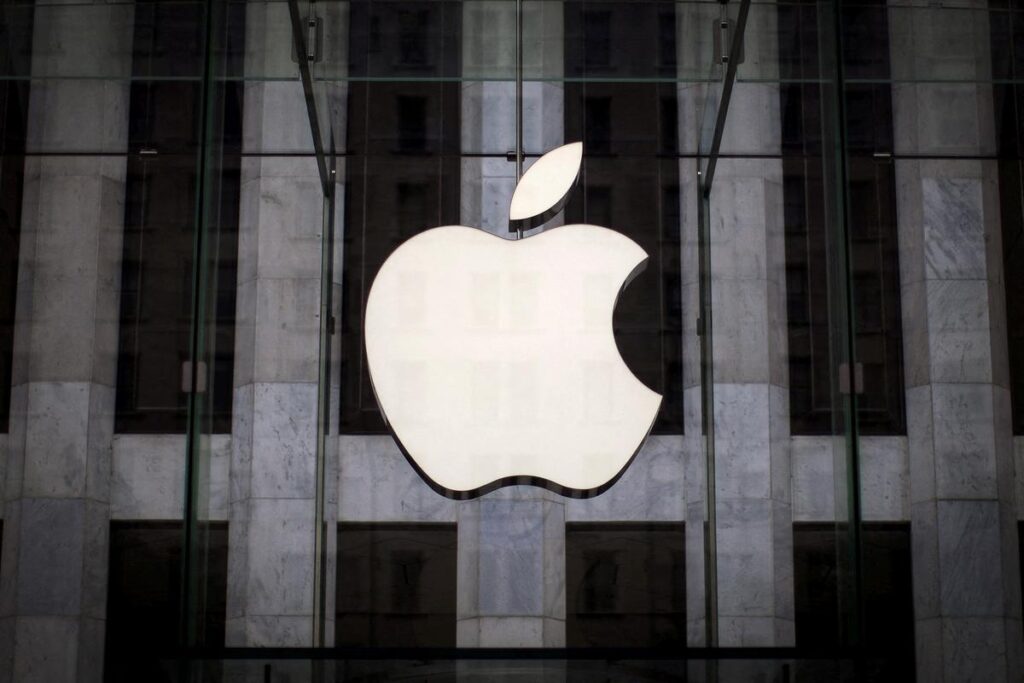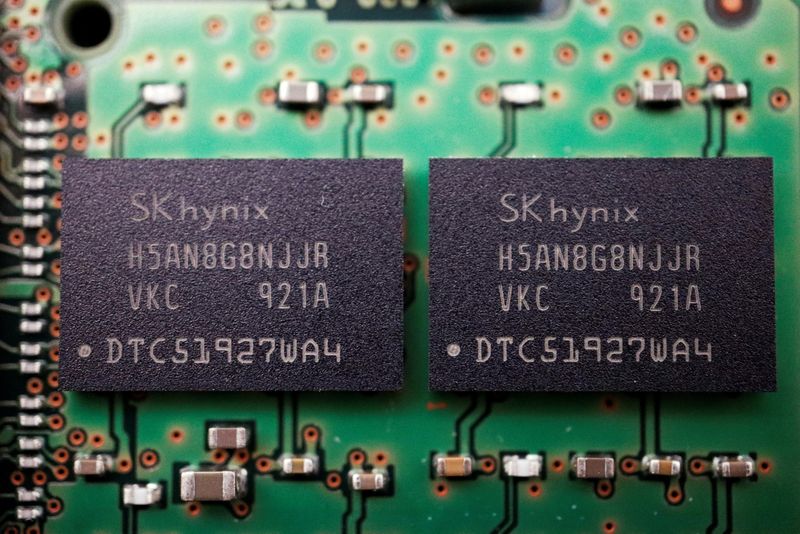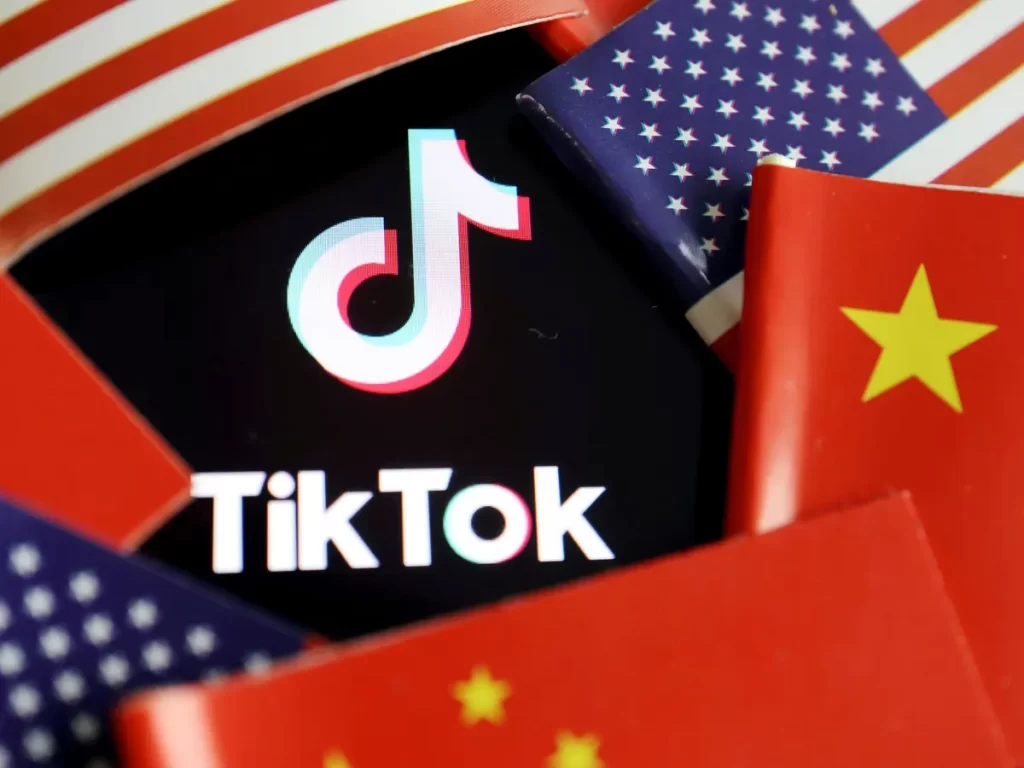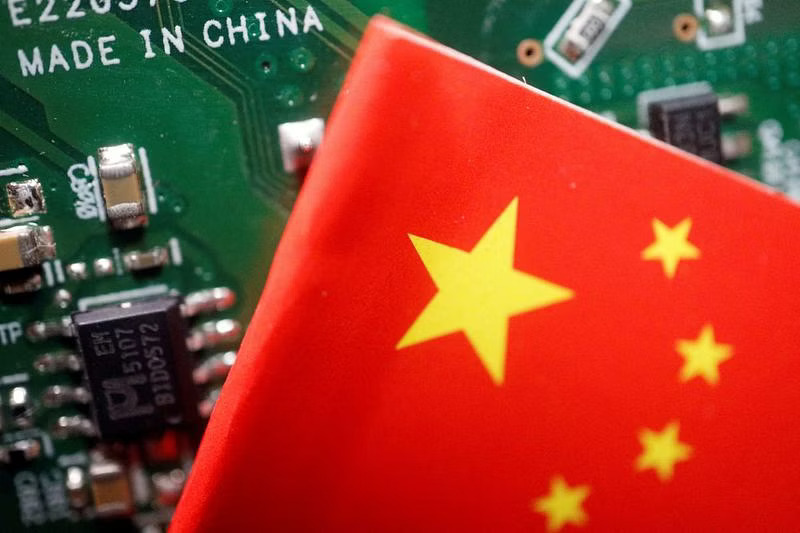Apple opens store on China’s WeChat platform
According to Tencent, Apple has recently launched an online store on the popular Chinese app WeChat.
The store has been integrated into WeChat’s mini-programs, which are small applications within the platform that offer various services such as e-commerce, finance, and transportation.

Apple’s store on WeChat will feature a range of its products, including iPhones, iPads, Apple Watches, and Macs. This is not the first time Apple has established a presence on a Chinese platform, as it already operates a store on Alibaba’s Tmall e-commerce platform, which is a competitor of Tencent.
In addition to this, Apple also experimented with live commerce in China earlier this year, attempting to sell its products through interactive live streaming.
China is a significant market for Apple outside of the United States. According to research firm Counterpoint, the iPhone 13 series dominated the top three spots in the list of best-selling phones in China in 2022.
Despite a decline in China’s smartphone market in the first quarter of 2023, Apple has managed to maintain its position as the leading handset vendor in the country, capturing a 20% market share. This represents a 2% increase compared to the same period in the previous year, as highlighted in a report by Counterpoint.
However, Apple has been actively working to diversify its manufacturing operations by reducing its reliance on China. JP Morgan analysts reported last year that the company plans to shift 25% of its iPhone production to India and 20% of its iPad and Apple Watch production to Vietnam by 2025.
Also Read: Binance chief strategy officer Patrick Hillmann steps down
This strategic move aims to mitigate risks associated with overdependence on a single manufacturing location and take advantage of the benefits offered by other countries in terms of cost, logistics, and supply chain resilience.
In summary, Apple has expanded its presence in the Chinese market by launching an online store on WeChat, one of China’s most popular apps. This move follows Apple’s existing store on Alibaba’s Tmall platform and its previous foray into live commerce.
While China remains a crucial market for Apple, the company is actively working to diversify its manufacturing operations by gradually shifting production to countries like India and Vietnam. These efforts align with Apple’s strategy to reduce its dependence on a single manufacturing base and leverage the advantages offered by different regions.
The launch of Apple’s online store on WeChat demonstrates the company’s commitment to reaching Chinese consumers through diverse channels and platforms

I am a law graduate from NLU Lucknow. I have a flair for creative writing and hence in my free time work as a freelance content writer.





